Struggle for a secular Bangladesh will persist: Ashfaque Nipun
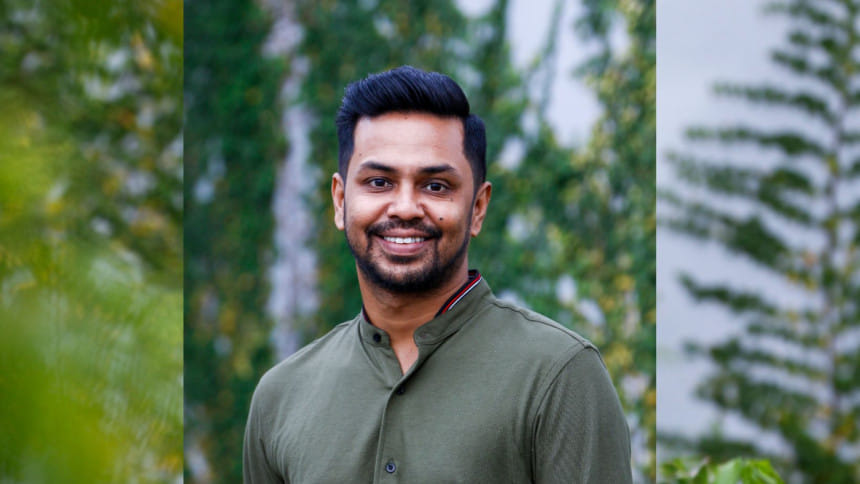
When it comes to speaking out against injustice and oppression, there aren't many artistes who stand out as prominently as Ashfaque Nipun. Known for his active presence both online and on the ground, Nipun has been a vocal participant in various protests. His determination was evident during the quota reform movement, which later evolved into the anti-discrimination student movement and led to the dramatic fall of former prime minister Sheikh Hasina's regime.
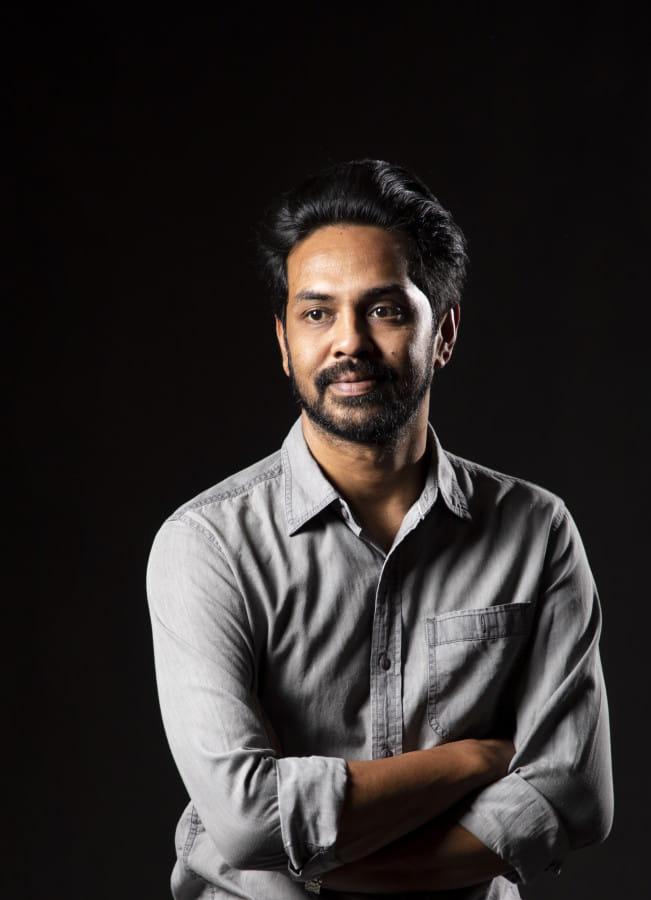
Why is political consciousness important for an artiste, and to what extent?
I believe neither the general public nor artistes can exist outside of politics. Whether you're a creator or a writer, your work reflects the socio-political reality around you.
However, not all artistes possess political consciousness, and I don't believe in imposing it on anyone. If a person's conscience doesn't awaken after witnessing the injustices and oppression around them, no amount of education or knowledge can instill it. It depends on an individual's sensitivity.
For creators, the biggest advantage is that their movies or web series can reach a large audience. If the work reflects political or socio-economic realities, it resonates more deeply with people, which is exciting for us as creators. That said, there's a distinction between activism and art. If cinema becomes too politically charged, it ceases to be art. Great artistes strike a balance between the two.
How do you view an artiste's political engagement, especially when politics influences art?
Let me clarify: I strongly believe in an artiste's freedom of expression. If someone wants to create propaganda-based cinema, that's their right. The audience will decide whether to accept, reject, or hold the creator accountable for it, and we must allow time to take its course.
If someone chooses to make a film against oppressive forces, they also have that freedom. However, they must be prepared to face the risks and accountability that come with it. Similarly, those who create propaganda-based cinema must accept the consequences if their work doesn't stand the test of time.
Personally, I think it's detrimental when those in power try to influence art, and artistes should resist such influence. This has happened not only during the former government's regime but also before. Governments often use artistes as mouthpieces because of their widespread acceptance.
Recent events show how the audience has discarded those who were comfortable during the previous government's tenure and who were associated with government propaganda. These artistes must now take accountability for their actions.
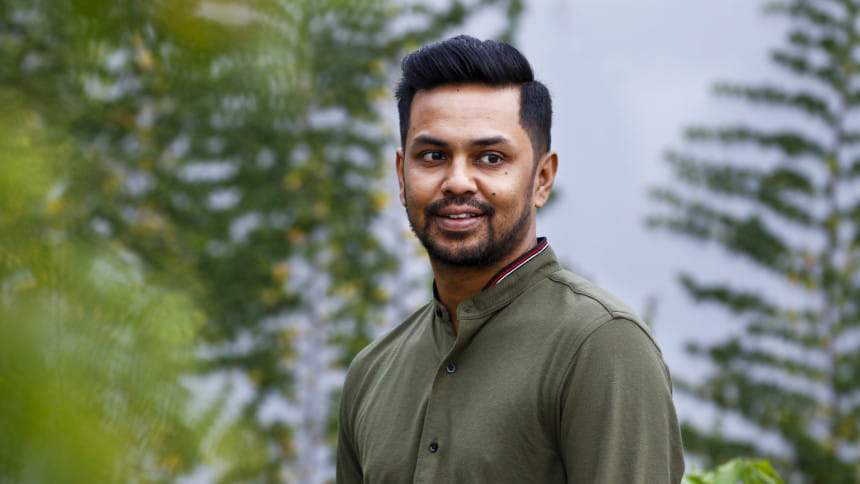
How do you perceive 'Mohanagar' as a viewer?
It's challenging for me to comment on "Mohanagar" purely as a viewer since I created the plot and characters.
This work addresses issues like police and state-sponsored oppression. As a creator, my goal was to bring these topics to light. Instead of analysing it from a viewer's perspective, I think it's more important to consider how the audience has related to it. People are interpreting "Mohanagar" in a certain way now, but their perceptions might change over the next 10 years. Ultimately, we must leave it to time.
We've heard about harassment related to works like 'Mohanagar'. Did any actors or artistes hesitate to join the project when you pitched the web-series?
When discussing the story, no one refused to work on it. I was able to make it with everyone I had initially thought of. The same goes for "Mohanagar-2". In this regard, I am very fortunate. From the actors to the producers and the entire cast and crew, everyone worked diligently on the production.
However, it wasn't just me; the actors also faced harassment for their involvement in "Mohanagar". Yet, none of them refused to work on the sequel. Instead, everyone worked with even greater passion. The OTT platform associated with the project also fully supported us.
The iconic character of OC Harun in 'Mohanagar' was played by Mosharraf Karim. What made you think of him for this role?
When I first conceived the story of "Mohanagar", I couldn't imagine anyone else for the role of OC Harun other than Mosharraf Karim. This character is not a simple one; there's a duality in him. He might say one thing but think another. OC Harun is neither rigid nor plain and boring; he has a great sense of humour. Overall, I felt no one else would be more suitable for the role.
After the student-led mass uprising, we now have a new form of Bangladesh, and state reform is underway. Do you think there might be communal pressure on art in the future?
As artistes, we have always spoken for a secular Bangladesh. The threat of communalism has been present for over 50 years. Regardless of which government comes into power, this struggle for a non-communal Bangladesh has always been there. We've seen the rise of JMB in 2001 and the attack on Chhayanaut. But we fought back, and this struggle will never end; it will always persist.
There's been discussion and criticism about artistes taking sides in movements. Some are accused of being opportunistic, speaking out in favour only after the fact. How do you view this?
This can be seen in two ways. First, someone might have been a beneficiary of the government before, but after witnessing the overall situation, their conscience may have awakened. Seeing the atrocities, they might no longer hold their previous position. Secondly, when they see the situation changing, they quickly jump off the boat and try to reach the shore.
People look up to the artiste community. Many are influenced and inspired by them. I would say the audience needs to understand which artistes speak for the people and which speak for power. The audience will decide this, and the youth understand it too. Where an artiste should speak for the masses but instead speak for power, the audience will reject them. This has become even clearer in this movement.
You can't fool people. The people of this country weren't waiting for an artiste's call to take to the streets. They went out on their own without waiting for a call from their favourite artiste or idol. From this, the artiste community should learn that if you stand with the people, they will stand with you; otherwise, they will cast you aside.
Translated by Mahiya Tabassum
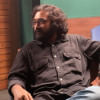
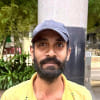
 For all latest news, follow The Daily Star's Google News channel.
For all latest news, follow The Daily Star's Google News channel. 





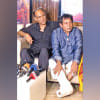

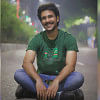


Comments